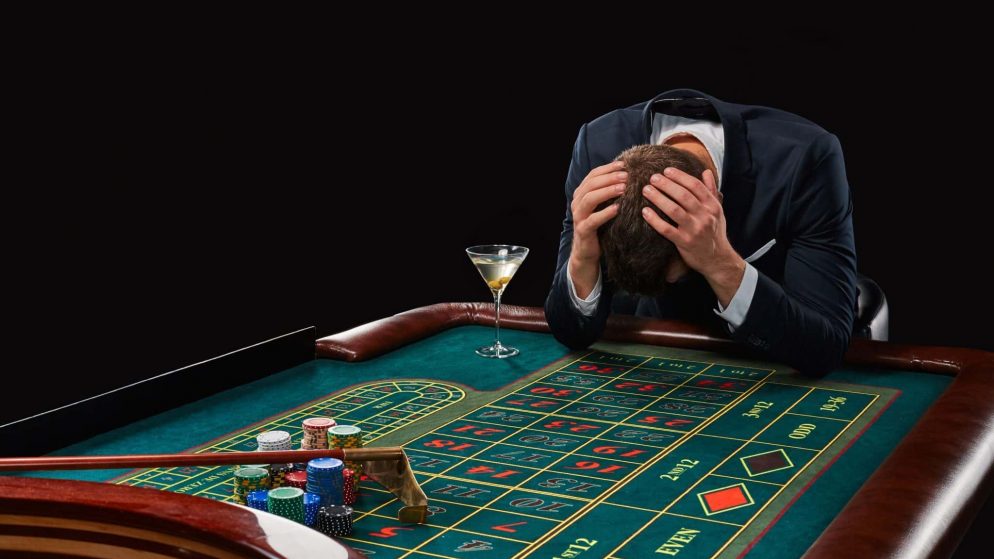

At present, gamblers have it easier than ever. To play roulette, blackjack, lotto, or poker, you don’t even need to get up from the sofa anymore. The Internet offers all kinds of gambling opportunities, and to bet money online, you just need to create an account and load it with a certain amount. The deposit is made by bank transfer, check credit card or via online payment services. Today there are more than 4000 virtual platforms on the net where you can gamble, including poker rooms, digital betting shops, bingo portals and online casinos.
The problem is that gambling can be addictive. Measures such as the betting limit and the emergency button for addicted gamblers are intended to prevent users of gambling portals on the Internet from slipping into a gambling addiction or making it worse. Pathological gambling, colloquially known as gambling addiction, is when players lose control. Despite resolving to stop after a few rounds or to gamble away only a certain stake, they fail to stop. The desire to continue is too great: just one more time to recoup the lost money. The problems usually develop insidiously over several months or years.
More and more, gambling dominates the lives of addicted gamblers. Those affected often withdraw socially to avoid conflict and criticism. They seem to be introverted, depressed, or anxious. For them, gambling is both relaxation and consolation, but it exacerbates their problems even further. Sometimes gambling addicts build up a sophisticated web of lies to explain financial bottlenecks. They cancel life insurance policies, borrow large sums again and again, or sometimes even steal money and valuables from relatives. After financial ruin or at the urging of friends and family, those affected repeatedly resolve to stop. But the attempts often fail after a few days or weeks. Sometimes a stressful situation drives them back to gambling; sometimes it is precisely the easing of the financial situation that reignites the urge.
Those Who Gamble Online are Particularly at Risk

Different reports show that the most important risk factor for problem gambling behaviour is not to be found in the personality or life circumstances of the gamer, but in the type of game. Those who gamble virtually are most at risk. The more opportunities to gamble the gambler has, the higher is the risk of addiction. People can gamble 24 hours a day, seven days a week unobserved and anonymously.
And that’s why many experts doubt that the measures planned with the legalization of online casinos will sufficiently protect players. Rather, the new regulation could lead to providers recruiting more players.
Psychotherapy and Stress Management Help Get Out of Addiction

Those who have always reached this point generally need professional help to free themselves from their addiction. In any case, it’s important to get help early and not to shy away from it out of shame or hopelessness. Contact points for addictive gamblers include special centres, specialized clinics, and special hotlines. They can help gambling addicts take the first steps toward breaking the dangerous downward spiral.
If you would like to first try to fight your gambling addiction without therapy, you can turn to a gambling addiction forum on the Internet to exchange ideas with like-minded people. There you can ask others for their experiences in fighting their addiction and hear about different therapy options. Even if you then start or complete therapy, it can be helpful to stay in touch with fellow sufferers to support and motivate each other.
In any case, you should consider therapy to combat your gambling addiction. Therapy can take place on an outpatient basis in a doctor’s office or as an inpatient in a clinic. If the gambling addiction is already far advanced, inpatient treatment is recommended. The challenge here is that gambling addicts are removed from their everyday lives during therapy. Although this initially makes it easier for them to leave the gambling addiction behind, it presents them with reintegration challenges. In outpatient therapy, the new behaviour patterns can be integrated directly into everyday life, and the transition to an addiction-free life happens gradually. Beyond therapy, you can seek additional support to help you fight addiction.











